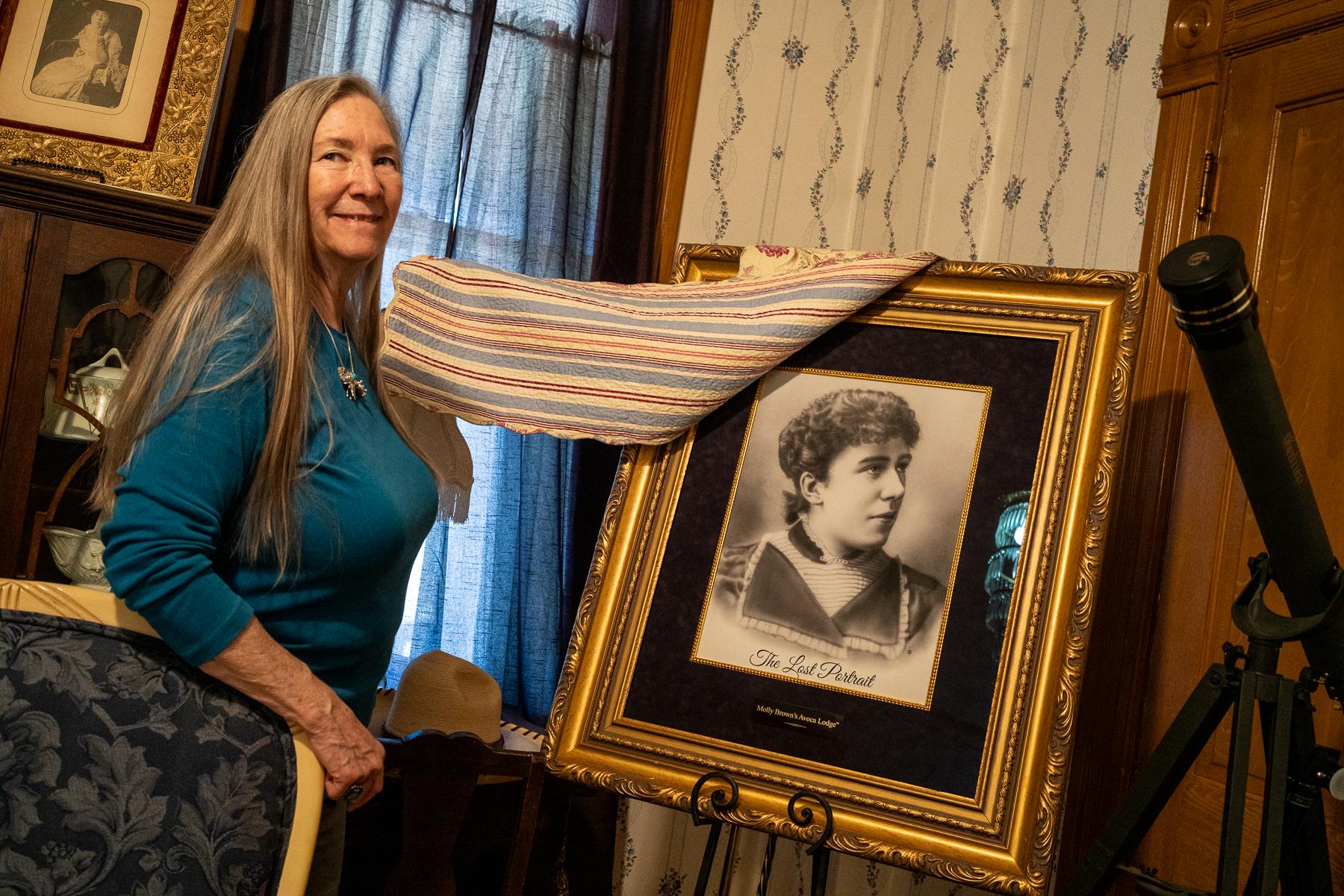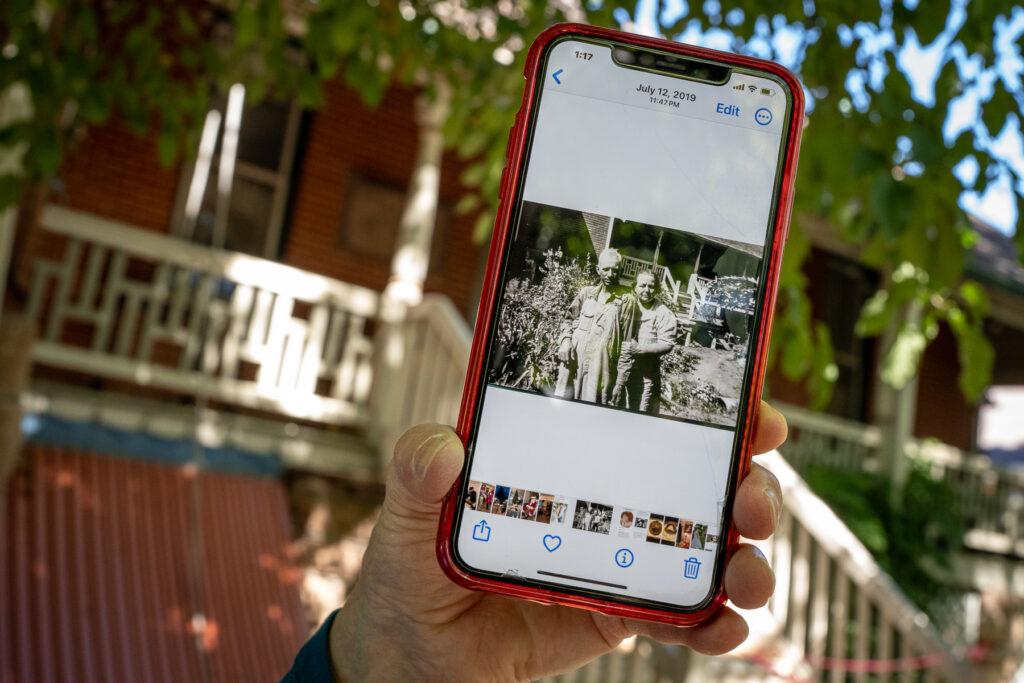
“I ain’t down yet,” goes one of the songs in “The Unsinkable Molly Brown” musical.
Despite taking hits from COVID and an out-of-control truck, Margaret Brown’s 1897 summer home in west Denver isn’t down yet, either.
Formally known as Avoca Lodge, the house at Wadsworth Boulevard and W. Yale Avenue was the Browns’ escape from their urban mansion in Denver’s Capitol Hill, which today is one of the most successful house museums in the country. The couple had found their fortune in Leadville’s mines. Molly famously survived the sinking of the Titanic, and went on to advocate for a juvenile justice system and run for Congress.
“The downtown house is where they put their noses up. But at Avoca, that’s where they brought their noses down and took off their fancy hats,” said Mary “Momo” Shearer.

While the property, which used to be much more expansive, is best known as the Browns’, it’s been in Shearer’s family longer. Her grandparents, the Fehlmann family, bought the last 100 acres of the original 320 in 1930.
“For us, it was kind of like Winnie The Pooh, living on that hundred acres. There were trees everywhere and we climbed the same trees my mom climbed,” she reminisced.
In 2013, the family built a pavilion next to the historic home. It quickly booked up with weddings, birthdays, and memorial services.
“We would always take the private groups through the house,” Shearer added.

And the house was in good shape.
Then on Independence Day weekend 2019, calamity struck.
“A young woman stole a truck, lost control coming down the hill, blasted into one of our big stonewall columns and ran into the house.”
Police still haven’t found the culprit, Shearer said.
The estate suffered a second blow less than a year later when the pandemic forced event cancellations in the pavilion.
“We couldn’t recover between the crash and COVID.”
Shearer’s mother fell ill at about the same time. It was all too much. But hope has come – in the form of a towering man who didn’t know Molly Brown from a hole in the wall.
Prince Kayigire is originally from Rwanda.
“I had never heard about her until I met with Momo,” Kayigire said.

Kayigire had dreams of opening a café, and approached Shearer about doing so in the pavilion. The two became fast friends. Kayigire secured a small business loan. And now he is gradually opening Cultivar Café.
“I see having a part in what is going on in my community," Kayigire said. "I want everyone around this corner to feel at home each time they walk in, whether it’s drinks, soup, or serving themselves at the salad bar.”
Customers can enjoy the pavilion and browse gifts, including handmade soaps with a long-lost portrait of Margaret Brown, but they will have to wait to tour the house itself. Cracks sprung from the 2019 crash. Shearer hopes to secure a loan of her own to resuscitate it.
“I want to share, of course, the history of the Brown family and how they lived," Shearer said. "The story here is completely different from the downtown house.”








